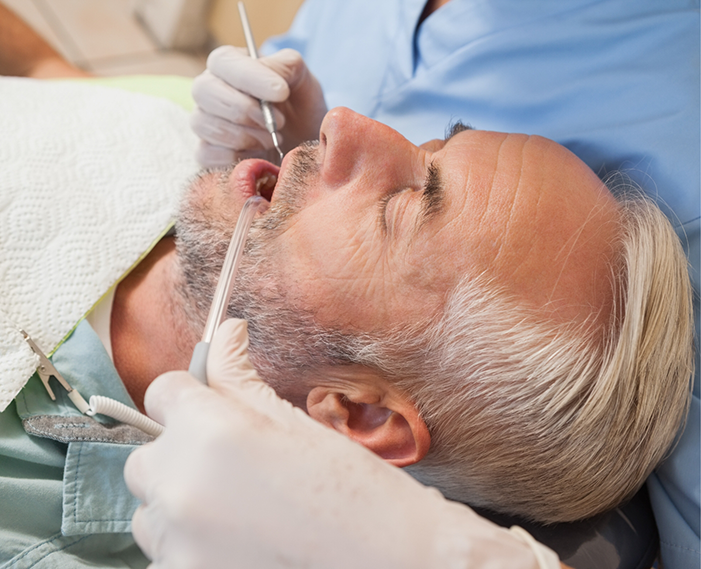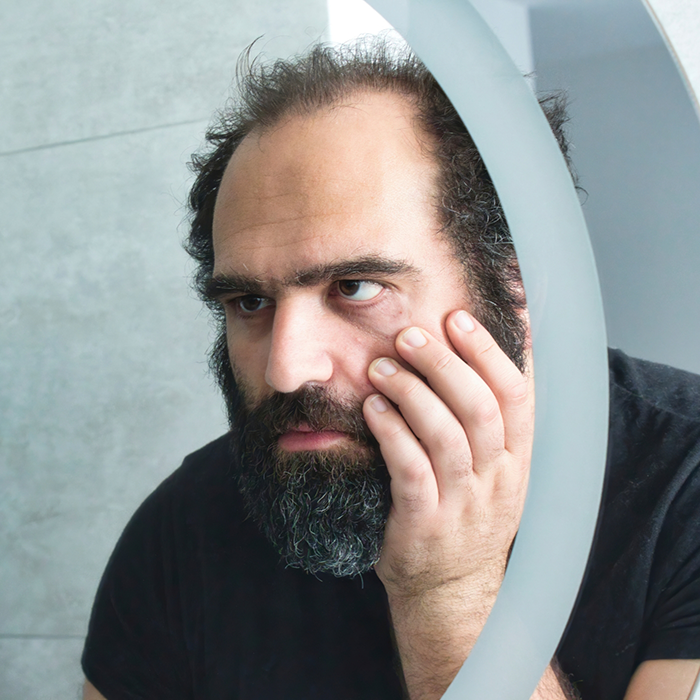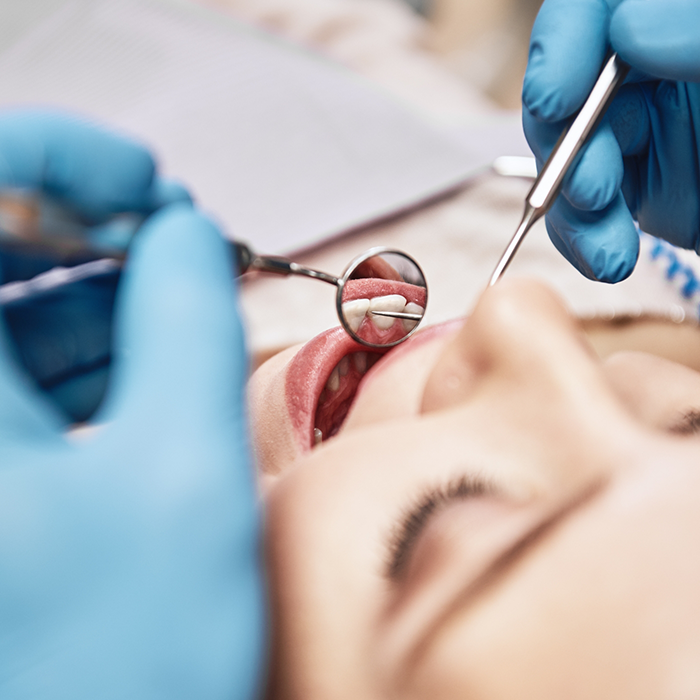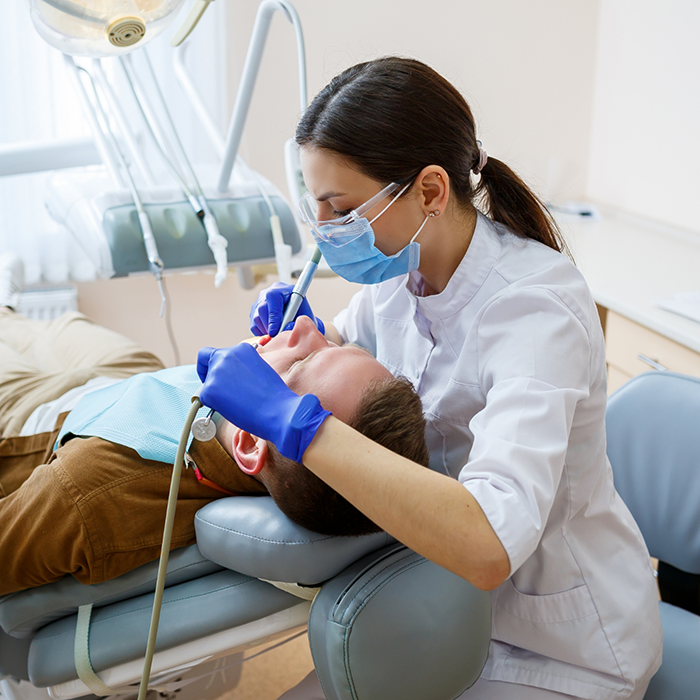Oral Cancer Screenings Midwest City
Checking for Oral Cancer, Saving Lives

Did you know that oral cancer is the sixth most common type? Unfortunately, it has a high mortality rate simply because it is often found in the late stages of development. But the good news is that Dr. Steven Kendrick takes a few minutes during your routine checkup every six months to look for any indications of cancerous or precancerous tissue. This enables patients to get the treatment they need early, increasing the survival rate significantly. If it has been a while since you’ve seen the dentist for an examination, you can request an appointment and come to see us soon!
Why Choose Midwest City Dental Center for Oral Cancer Screenings?
- Years of Advanced Training and Experience
- Compassionate Care from Friendly Professionals
- Screening Included in Routine Checkups
Signs and Symptoms of Oral Cancer

If you don’t know what you’re looking for, oral cancer can be easy to overlook. However, this disease often manifests with these symptoms:
- Oral sores that don’t heal within two weeks
- Patches of tissue that are red and/or white
- Unexplained bumps or lumps
- Difficulty swallowing
- Prolonged feeling like something is stuck in your throat
- Areas in the mouth that feel numb
If you notice any of these signs, you should contact us or your primary care doctor for further examination.
What the Dentist Looks for During a Screening

Like many other cancers and diseases, early detection and treatment play a key role in beating oral cancer. In fact, over 80 percent of oral cancer cases are first spotted by dentists, saving thousands of patients.
As a trained expert in oral healthcare, Dr. Kendrick can tell when something is abnormal and needs more attention. During your screening, he carefully inspects your soft tissues, including your tongue, lips, and gums for any suspicious tissue. He can identify areas that may merit further testing and refer you to a physician.
What to Expect During an Oral Cancer Screening

Although some cancer screenings take a long time, an oral cancer screening usually only lasts a couple of minutes and involves a visual and physical test. Dr. Kendrick will examine your cheeks and gums as well as the roof of your mouth and your lips. He will also look at your tongue; he may use a piece of gauze to move and manipulate it so he can see toward the back of your mouth. Then, he will gently feel your lymph nodes, jaw, neck, and jaw joint for any unusual lumps. Again, if he finds something amiss, he can refer you to a physician who can run additional tests or a biopsy.
